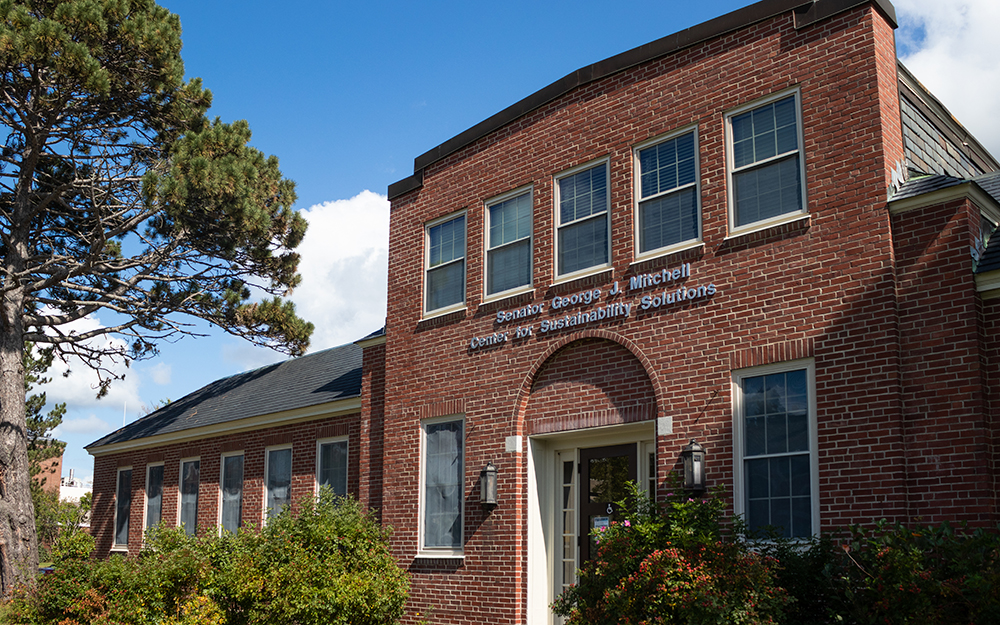Sustainability is becoming more of a necessity as global climate change rears its head, and members of the Department of Anthropology at the University of Maine, Associate Professor Cindy Isenhour and post-doctoral researcher Brie Berry, discussed how they think one solution lies with reuse at a lecture titled, “Digging for Buried Treasure: Hidden Gems in Maine’s Reuse Markets,” on Sept. 20.
Reuse is defined by the repeated use of an object as signified through a change of ownership. This is different from recycling, which breaks the component down and uses labor and energy to create something new. The research team, which is composed of Isenhour, Berry, four graduate students and 11 undergraduate students, among others, have been working for five years, hoping to explore not only the environmental aspects of reuse, but also the social and economic benefits and costs to increased policy surrounding reuse programs. They found that reuse has less economic costs associated with it and estimated that strong reuse programs could bring waste down by 25%. Reuse can increase resilience against climate change, while also building social capital and overall trust in our communities.
After a brief introduction and land acknowledgement from Linda Silka, a senior fellow of the George J. Mitchell Center, the lecture began with Isenhour exploring the difficulties they faced in measuring the economic and social impact of reuse. Reuse’s economic output is measured through productivist logics, the idea that organizational growth is reliant on measurable productivity, but this discounts the costs associated with distributive labor and the cost of the object itself.
When looking at reuse at the national level, Isenhour estimated that the total revenue in used merchandise stores alone is almost $17 billion. Because of the productivist logics and the lack of data surrounding reuse on the personal sector, like Facebook Marketplace or just sharing used goods between friends and family, this is a low estimate and the researchers believe that the potential economic gain could be even higher.
There were also some trends that appeared when looking at the national level: rural states were more likely to participate in extensive reuse programs as well as women with young children, those with higher levels of education and communities with higher unemployment rates and industrial diversification. The belief going into this study was that economically depressed communities would utilize reuse programs more than wealthier ones, but the research team was surprised to find that income and economic outcome had no real significant impact on the levels of reuse in various communities.
Berry then took over to discuss state level analysis as well as community studies. The study found that $726 million was a conservative estimate of the cost benefit of reuse programs in the state of Maine, though most of that number comes from formal businesses. However, they found the most benefit was in the form of community growth and engagement.
That isn’t to say that communities don’t face some struggles when it comes to reuse programs. While the study showed, through interviews, that reuse programs build trust and connection in communities, the problem lies with the lack of young people involved. The majority of reuse businesses are volunteer based, and the study shows that most of those volunteers are people aged 50 to 80. The work is hard, often having to lift and sort through heavy objects for hours, and older people are having a difficult time doing it. Without adequate policy support and community engagement, these volunteer groups will soon cease to exist. The research team thinks the future of reuse, and the many benefits it brings to our economy, community growth and environmental resilience, lies with younger generations going out and getting involved.
If you would like to know more about this study, please visit the teams website at https://umaine.edu/reuse/.








